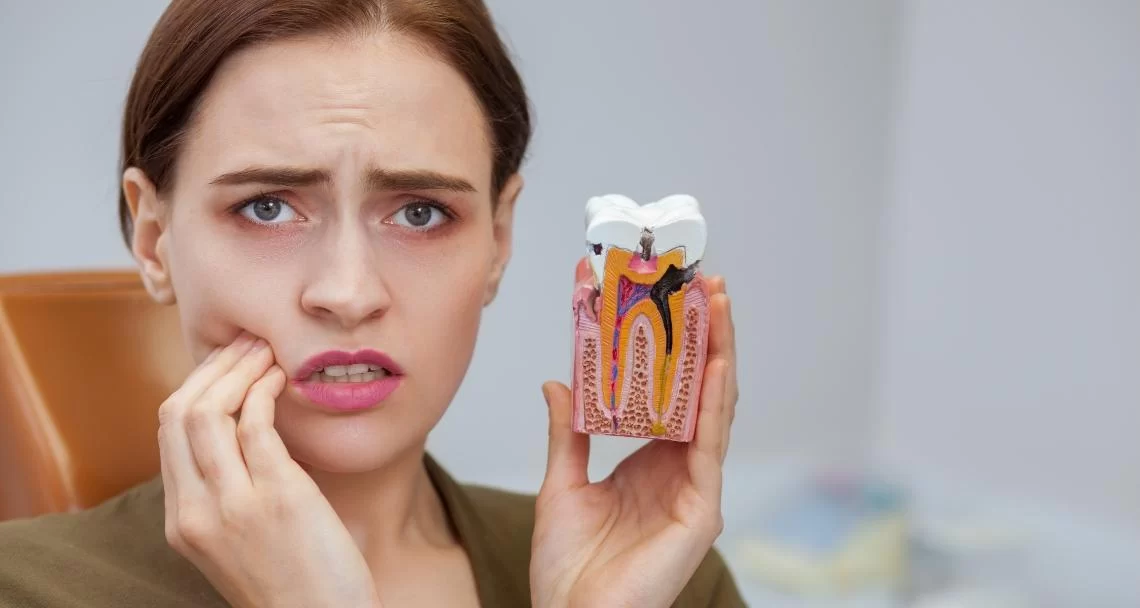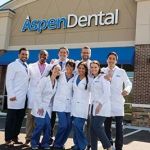
How to Handle a Dental Emergency on Weekends or Holidays: Quick Tips and Solutions
- 1. Understanding Dental Emergencies
- 2. Common Dental Emergencies and How to Handle Them
- 3. First Aid for Dental Emergencies
- 4. When to Seek Professional Help
- 5. Preventing Future Dental Emergencies
1. Understanding Dental Emergencies
Dental emergencies can happen at any time, but when they occur during weekends or holidays, it can be particularly stressful. I’ve had my fair share of dental mishaps at the worst possible times, and what I’ve learned is that staying calm and knowing what to do can make all the difference. A dental emergency is any issue with your teeth, gums, or mouth that requires immediate attention to relieve pain, stop bleeding, or prevent further damage. Whether it’s a knocked-out tooth, severe toothache, or a broken crown, knowing how to handle these situations on your own can help bridge the gap until you can see a dentist.
2. Common Dental Emergencies and How to Handle Them
Over the years, I’ve experienced and witnessed a variety of dental emergencies, and I’ve come to realize that certain situations are more common than others. Below are a few scenarios I’ve encountered and how to handle them when professional help isn’t immediately available.
2.1. Toothaches
A toothache is one of the most common dental emergencies, and it’s also one of the most uncomfortable. I’ve had a severe toothache during a weekend getaway, and I found that using over-the-counter pain relievers like ibuprofen can provide temporary relief. Applying a cold compress to the outside of your cheek near the painful area can also help reduce swelling and numb the pain. Additionally, salt water rinses can help reduce inflammation and clear any debris that may be causing the pain. If the pain persists, it’s essential to seek professional care as soon as possible.
2.2. Knocked-out Tooth
When you lose a tooth due to trauma, it’s important to act quickly. I’ve been in this situation and know the importance of finding the tooth immediately. Rinse it gently without scrubbing it, and if possible, try to place it back into the socket. If that’s not possible, place the tooth in a cup of milk or saline solution to preserve it until you can get to a dentist. The quicker you can get to a dentist (ideally within 30 minutes), the higher the chance they can reattach the tooth.
2.3. Broken or Chipped Teeth
Breaking or chipping a tooth is another common dental emergency, especially during weekends when accidents tend to happen. I’ve chipped a tooth while chewing ice, and while I couldn’t visit a dentist right away, I used dental wax to cover the jagged edge and prevent it from cutting my tongue or gums. If the break or chip is severe and the tooth is causing pain, using cold compresses can help with swelling. I always recommend seeing a dentist as soon as possible to prevent infection and further damage.
2.4. Lost Filling or Crown
Having a filling or crown come loose can be a frustrating and uncomfortable experience, especially during weekends or holidays. I once lost a filling during a holiday and used dental cement (available at most pharmacies) to temporarily reseal the area until I could see my dentist. While this is only a temporary fix, it can help reduce sensitivity and protect the tooth from further damage until you get professional treatment.
3. First Aid for Dental Emergencies
When it comes to handling dental emergencies, the first few hours can often determine the outcome. I’ve learned over time that having some basic knowledge of first aid for dental emergencies can help reduce pain, control bleeding, and prevent further damage. Here are some quick first-aid tips I use for different dental issues.
3.1. Toothache Relief
If you’re dealing with a toothache, it’s important to keep the area clean. I recommend rinsing your mouth with warm salt water to remove any debris. Over-the-counter pain relievers such as ibuprofen can help control pain, but I always avoid aspirin, as it can cause irritation to the gums. A cold compress applied to the outside of the cheek can help reduce swelling and ease discomfort.
3.2. Stopping Bleeding
If you’re experiencing bleeding from the gums or a tooth injury, I suggest applying gentle pressure with a clean cloth or gauze. I once dealt with gum bleeding after a dental injury, and I found that holding the cloth in place for 10-15 minutes usually helps stop the bleeding. If the bleeding doesn’t stop, or if it’s severe, don’t hesitate to seek emergency dental care.
3.3. Temporary Fixes for Loose Fillings or Crowns
If you lose a filling or crown, you can temporarily seal the area with dental cement or dental wax until you can visit the dentist. I always make sure to check the area for sharp edges that might irritate the inside of my mouth, and I recommend using wax to smooth any rough patches. If the filling or crown is causing severe pain, applying a cold compress can help alleviate discomfort.
4. When to Seek Professional Help
While first-aid methods can be helpful, there are times when you need to seek professional help right away. I’ve experienced some dental emergencies that required immediate attention, and I’ve learned that understanding when it’s time to see a dentist is crucial.
4.1. Persistent or Severe Pain
If the pain from a toothache or dental injury is severe and doesn’t subside with over-the-counter pain relievers, it’s time to seek professional help. I’ve found that intense pain can be a sign of a more serious issue, such as an infection, which requires immediate attention.
4.2. Difficulty Swallowing or Breathing
If you experience difficulty swallowing or breathing due to a dental injury, it’s essential to get to an emergency dentist or hospital as soon as possible. This could indicate that there’s more significant trauma to the mouth, jaw, or airway, which may require immediate treatment.
4.3. Inability to Save a Knocked-out Tooth
If you’ve tried everything to save a knocked-out tooth and it can’t be reinserted or preserved, don’t wait to seek help. A dentist will assess the situation and may offer alternative solutions, such as dental implants, if reattachment is not possible.
5. Preventing Future Dental Emergencies
While it’s impossible to predict when a dental emergency will strike, there are steps you can take to minimize your risk. Over time, I’ve found that preventive care plays a huge role in reducing the chances of dental emergencies. Regular dental checkups, wearing mouthguards during sports, and avoiding hard foods that can break teeth can all help keep your smile intact. I also recommend practicing good oral hygiene by brushing and flossing daily, which can prevent issues like cavities and gum disease from developing into emergencies.
If you're ever in a dental emergency and unsure how to handle it, don't hesitate to reach out for help. For more tips on emergency dental care, or to find dental products designed to help with temporary fixes, visit Dentistry Toothtruth today. Whether you're looking for dental supplies or advice on how to handle dental emergencies during weekends or holidays, we've got you covered!







 Aspen Dental - Warwick, RI4.0 (600 review)
Aspen Dental - Warwick, RI4.0 (600 review) Dentist Riverside - TranscenDental Smiles5.0 (274 review)
Dentist Riverside - TranscenDental Smiles5.0 (274 review) Cherokee Family Dental4.0 (585 review)
Cherokee Family Dental4.0 (585 review) Universal Dentistry4.0 (144 review)
Universal Dentistry4.0 (144 review) Oradell Family Dental4.0 (138 review)
Oradell Family Dental4.0 (138 review) CAMcare Health Corporation- Clementon4.0 (341 review)
CAMcare Health Corporation- Clementon4.0 (341 review) The Importance of Oral Health Education During Pregnancy for a Healthy Pregnancy
The Importance of Oral Health Education During Pregnancy for a Healthy Pregnancy Best Tips for Brushing Your Teeth Properly for Healthy Gums: Essential Techniques for Oral Health
Best Tips for Brushing Your Teeth Properly for Healthy Gums: Essential Techniques for Oral Health Why Skipping Dental Checkups Can Lead to Bigger Oral Health Problems
Why Skipping Dental Checkups Can Lead to Bigger Oral Health Problems Advantages of Porcelain Dental Restorations
Advantages of Porcelain Dental Restorations How Can Diabetes Cause Tooth and Gum Problems? Preventing and Managing Oral Health Issues
How Can Diabetes Cause Tooth and Gum Problems? Preventing and Managing Oral Health Issues Healthy Habits for Promoting Good Oral Health and Hygiene: Tips for a Healthy Smile
Healthy Habits for Promoting Good Oral Health and Hygiene: Tips for a Healthy Smile